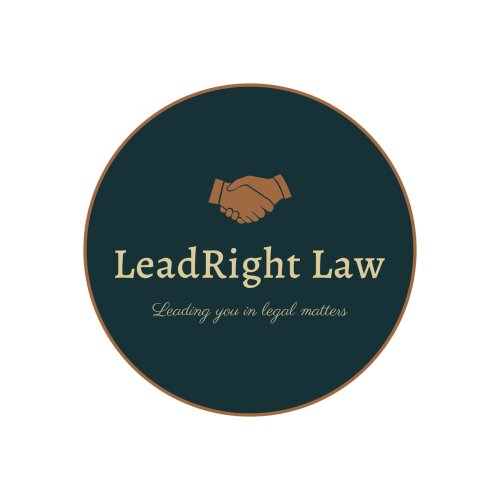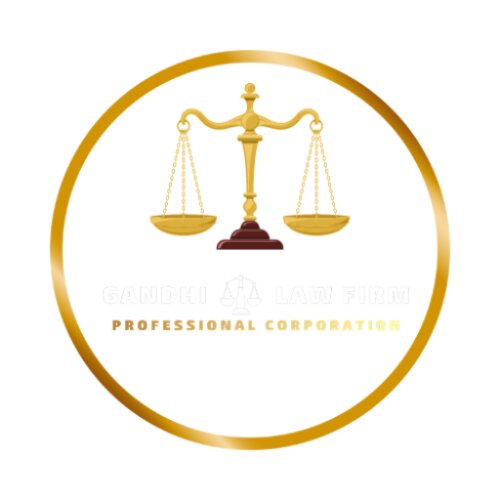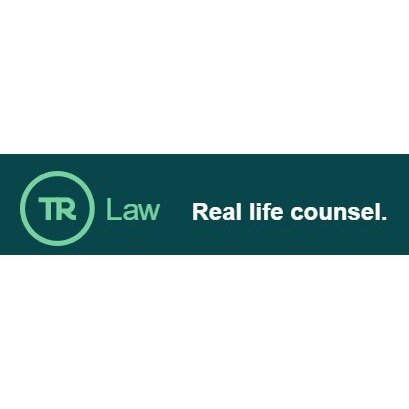Best Divorce & Separation Lawyers in Toronto
Share your needs with us, get contacted by law firms.
Free. Takes 2 min.
Free Guide to Hiring a Family Lawyer
List of the best lawyers in Toronto, Canada
About Divorce & Separation Law in Toronto, Canada
Divorce and separation are legal processes that involve the dissolution of a marriage or common-law relationship. In Toronto, Canada, both federal and provincial laws govern divorce and separation cases. The federal law determines the criteria for divorce, while provincial laws cover related matters such as child custody, child support, spousal support, and the division of property.
Why You May Need a Lawyer
While it is possible to handle certain aspects of divorce and separation on your own, there are situations where seeking legal advice is highly recommended. Some common scenarios where you may need a lawyer include:
- Complex financial situations, such as significant assets or debt
- Disputes over child custody or access
- Allegations of domestic violence or abuse
- Complex legal issues or disagreements
- Difficulty communicating or negotiating with your spouse or partner
Local Laws Overview
In Toronto, Canada, several key aspects of local laws are particularly relevant to divorce and separation cases. It's essential to have a basic understanding of these aspects:
- Divorce Criteria: To obtain a divorce in Toronto, you must demonstrate that your marriage has broken down irretrievably. This can be established through reasons such as adultery, cruelty, or living separately for at least one year.
- Child Custody: The best interests of the child are prioritized when determining custody arrangements. Factors such as the child's needs, emotional well-being, and the ability of each parent to fulfill their responsibilities are considered.
- Child Support: Both parents have a legal obligation to financially support their child. The amount of child support depends on several factors, including the income of each parent and the child's needs.
- Spousal Support: Spousal support, also known as alimony, may be granted to a financially dependent spouse after a separation or divorce. The amount and duration of spousal support payments depend on factors such as each spouse's income, length of the marriage, and their financial needs.
- Division of Property: In Toronto, property division follows the principle of equalization. This means that each spouse is entitled to an equal share of the increase in the value of property acquired during the marriage, with certain exceptions.
Frequently Asked Questions
1. Do I have to be separated for a year before filing for divorce in Toronto?
No, there are other grounds for divorce in Toronto, including adultery and cruelty. However, living separately for at least one year is the most common basis for divorce.
2. How is child custody determined in Toronto?
In Toronto, child custody is determined based on the best interests of the child. The court considers factors such as the child's needs, emotional well-being, and the ability of each parent to provide care and support.
3. What factors are considered when determining child support?
When determining child support in Toronto, factors such as the income of each parent, the child's needs, and the parenting arrangement are taken into account. The Federal Child Support Guidelines provide a formula for calculating child support amounts.
4. Can spousal support be modified in Toronto?
Yes, spousal support can be modified in Toronto if there has been a significant change in circumstances, such as a change in income or the recipient spouse's ability to become self-sufficient.
5. Are prenuptial agreements enforceable in Toronto?
Prenuptial agreements, also known as marriage contracts or domestic contracts, are generally enforceable in Toronto. However, for a prenuptial agreement to be enforceable, it must meet certain legal requirements and be considered fair and reasonable at the time of signing.
Additional Resources
Here are some resources, governmental bodies, and organizations that can provide helpful information and support related to divorce and separation in Toronto:
- Ontario Ministry of the Attorney General - Family Law Information Centre
- Family Law Education for Women (FLEW)
- Legal Aid Ontario
- Advocates for Family Peace
- Family Responsibility Office
Next Steps
If you require legal assistance in divorce and separation, here are some steps you can take:
- Research and gather information about divorce and separation laws in Toronto, Canada.
- Identify your specific legal needs and determine whether you require professional legal advice.
- Consider seeking a reputable family law lawyer who specializes in divorce and separation cases.
- Prepare necessary documents and gather relevant information for your initial consultation with a lawyer.
- Attend the consultation to discuss your case and determine the best course of action based on the advice provided by the lawyer.
Lawzana helps you find the best lawyers and law firms in Toronto through a curated and pre-screened list of qualified legal professionals. Our platform offers rankings and detailed profiles of attorneys and law firms, allowing you to compare based on practice areas, including Divorce & Separation, experience, and client feedback.
Each profile includes a description of the firm's areas of practice, client reviews, team members and partners, year of establishment, spoken languages, office locations, contact information, social media presence, and any published articles or resources. Most firms on our platform speak English and are experienced in both local and international legal matters.
Get a quote from top-rated law firms in Toronto, Canada — quickly, securely, and without unnecessary hassle.
Disclaimer:
The information provided on this page is for general informational purposes only and does not constitute legal advice. While we strive to ensure the accuracy and relevance of the content, legal information may change over time, and interpretations of the law can vary. You should always consult with a qualified legal professional for advice specific to your situation.
We disclaim all liability for actions taken or not taken based on the content of this page. If you believe any information is incorrect or outdated, please contact us, and we will review and update it where appropriate.
















